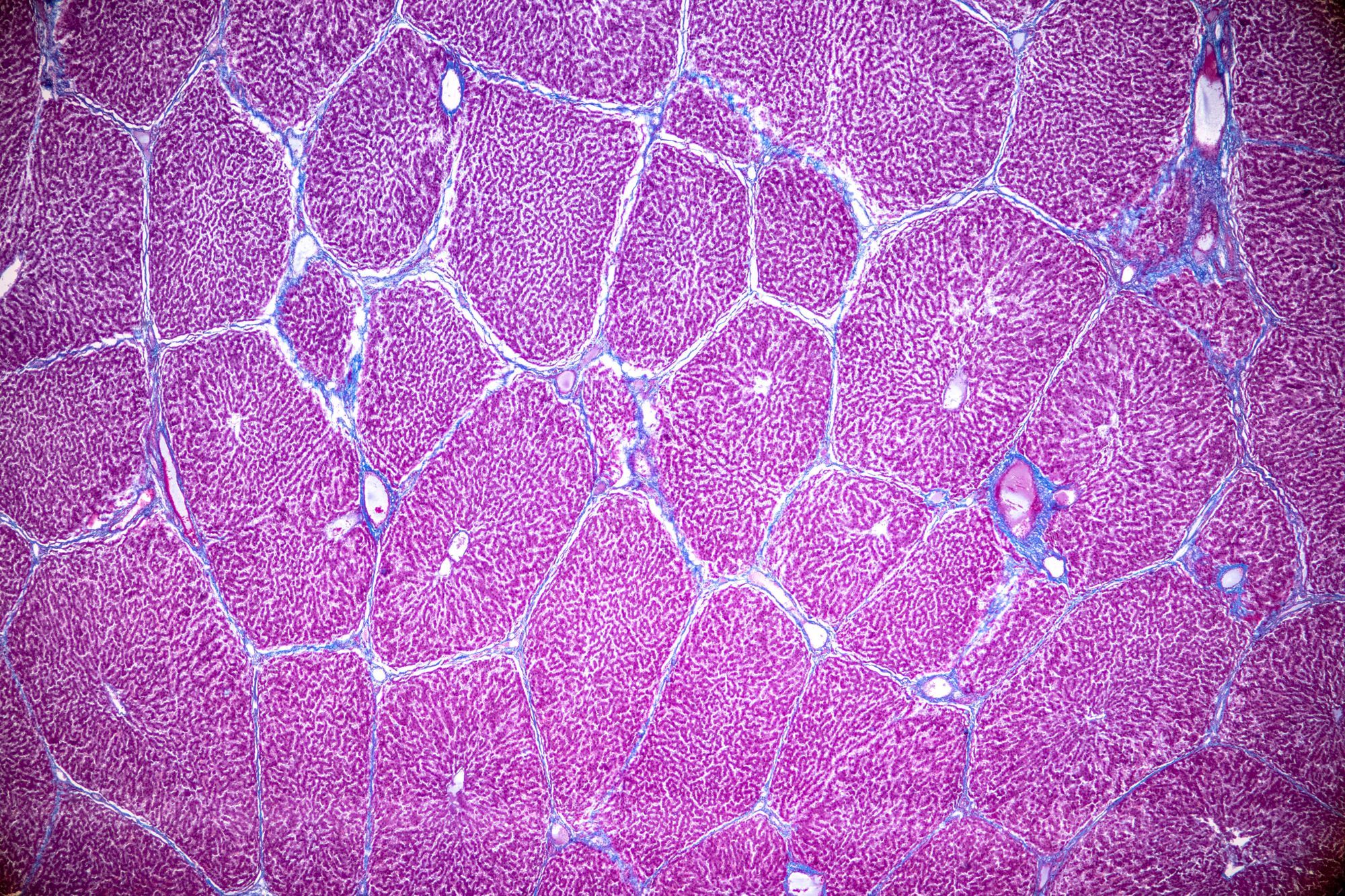Article
FDA Grants Orphan Drug Designation to OTX-2002 for Hepatocellular Carcinoma
Author(s):
The FDA has granted an orphan drug designation to OTX-2002 for the treatment of patients with hepatocellular carcinoma.
Hepatocellular Carcinoma

The FDA has granted an orphan drug designation to OTX-2002, a first-in-class epigenomic controller engineered to downregulate c-Myc (MYC), for the treatment of patients with hepatocellular carcinoma (HCC), according to an announcement from the drug developer, Omega Therapeutics.1
“HCC is a devastating illness that often develops resistance to current standard of care therapeutics. The FDA’s decision to grant orphan drug designation for OTX-2002 underscores the need for novel therapies to address HCC and the potential of epigenomic programming to transform the treatment landscape,” Mahesh Karande, president and chief executive officer of Omega Therapeutics, said in a press release.
OTX-2002 is an mRNA therapeutic delivered via lipid nanoparticles and is designed to downregulate MYC expression pre-transcriptionally through epigenetic modulation while potentially overcoming MYC autoregulation. MYC is a master transcription factor that regulates cell proliferation, differentiation, and apoptosis, and it plays a significant role in more than 50% of all human cancers.
OTX-2002 is currently being evaluated as a single agent and in combination with standard treatment—a TKI or PD-(L)1 inhibitor—in the phase 1/2 MYCHELANGELO I trial (NCT05497453) in patients with relapsed or refractory HCC and other solid tumor types known for association with the MYC oncogene.2
The company recently announced that the first patient had been dosed in the trial.
Per the study design, patients will receive treatment in 1 of 4 cohorts. OTX-2002 will be administered as an intravenous infusion over 80 to 120 minutes every 2 weeks.
To be eligible for enrollment, patients must be at least 18 years of age and have a metastatic, advanced, or recurrent solid tumor that progressed on, relapsed after, became refractory to, or developed intolerance to standard of care therapy. Additionally, patients must have an ECOG performance status of 0 or 1 and BCLC stage B or C, Child-Pugh A HCC that is not amenable to locoregional therapy, refractory to locoregional therapy, or not amenable to curative treatment approach.
Moreover, patients must have progressed on, have relapsed after, be refractory to, or be intolerant of at least 1 prior systemic therapy, and be without available subsequent standard of care treatment. Additionally, patients with chronic hepatitis B must have received antiviral therapy for hepatitis B virus (HBV) for at least 12 weeks and HBV viral load must be below 500 IU/mL prior to the first dose of study drug.
The primary end points of the study are the determination of the maximum tolerated dose of treatment and any dose-limiting toxicities, the incidence of treatment-emergent adverse effects, overall response rate, and duration of response.
“We look forward to continuing to work with clinical investigators, patients and the FDA as we advance our MYCHELANGELO clinical program and evaluate the potential of OTX-2002 to bring a new treatment option to the liver cancer patient community,” Karande concluded.
References
- Omega Therapeutics receives orphan drug designation for OTX-2002 for the treatment of hepatocellular carcinoma. News release. Omega Therapeutics, Inc. November 2, 2022. Accessed November 2, 2022. https://prn.to/3h4fHHR
- A phase 1/2 study to evaluate OTX-2022 in patients with hepatocellular carcinoma and other solid tumor types known for association with the MYC oncogene (MYCHELANGELO I). ClinicalTrials.gov. Updated August 24, 2022. Accessed November 2, 2022. https://clinicaltrials.gov/ct2/show/NCT05497453









